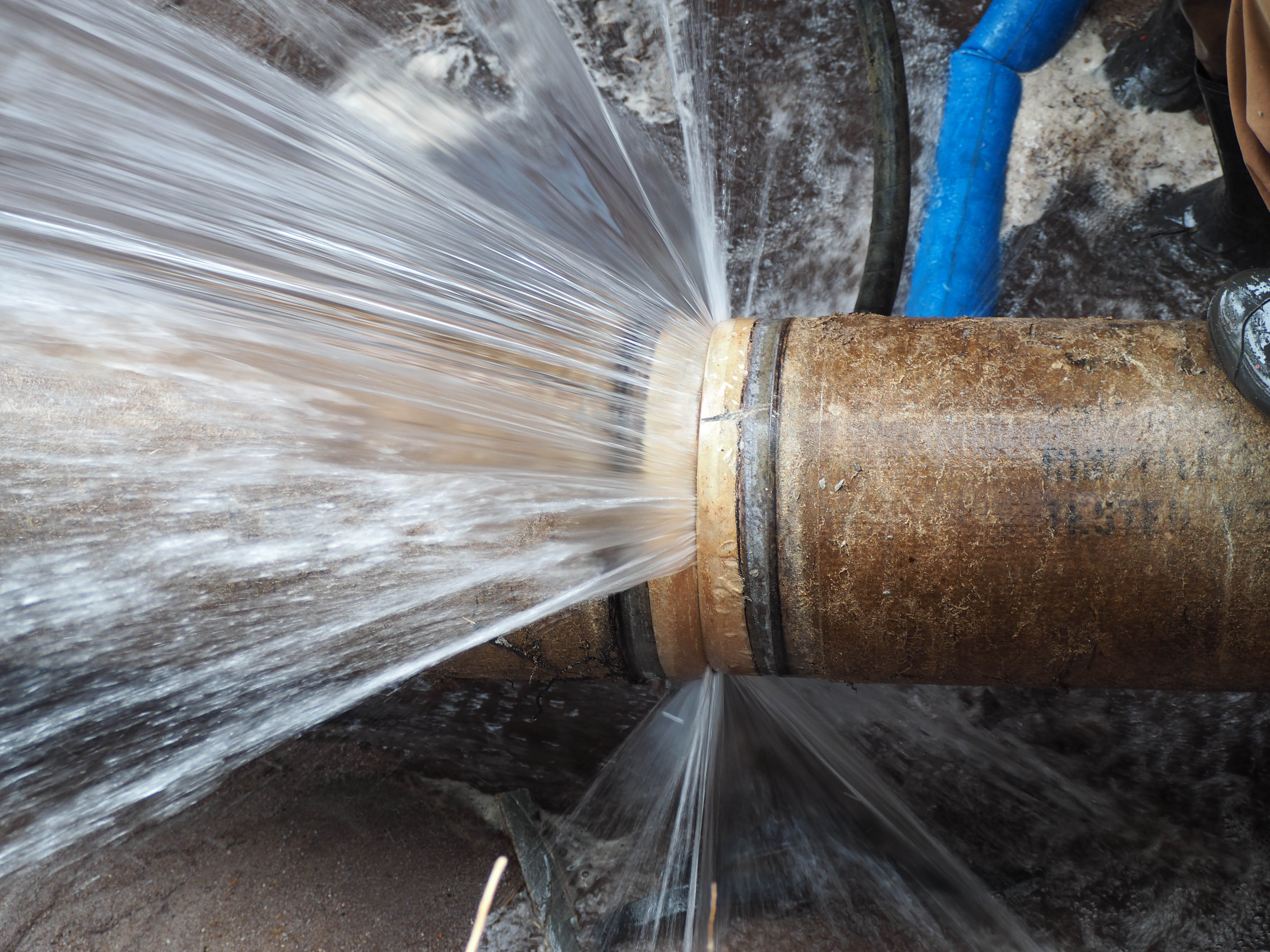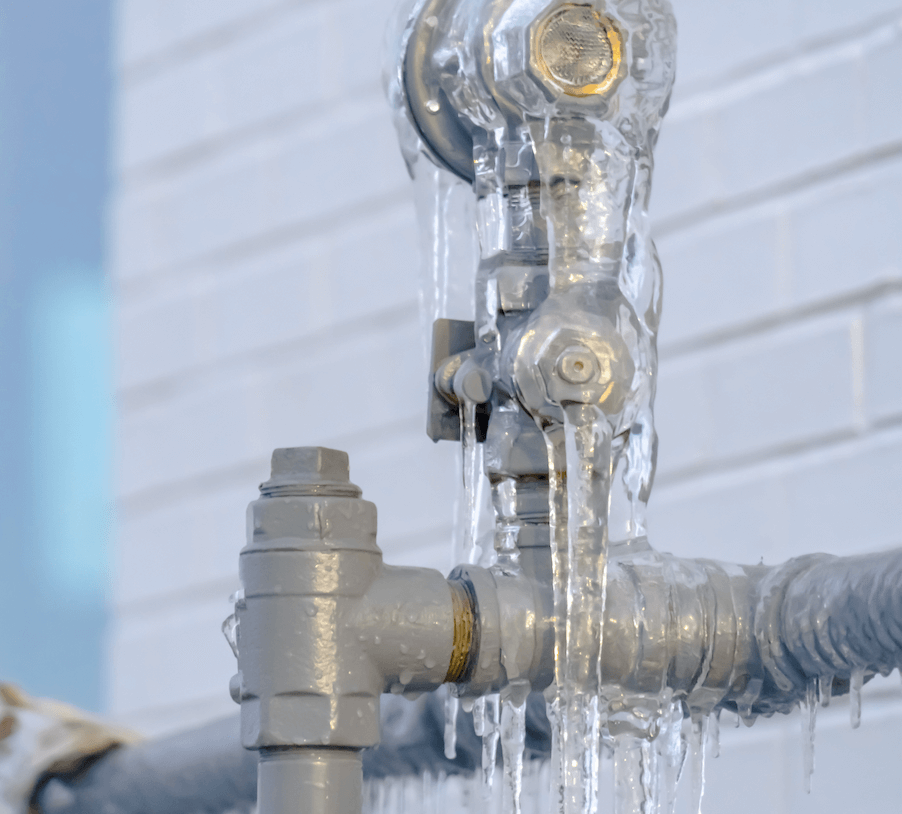Right here below you might get additional worthwhile tips related to How To Avoid Freezing Pipes.

Winter can wreak havoc on your pipes, specifically by freezing pipelines. Here's just how to stop it from taking place and what to do if it does.
Intro
As temperature levels decline, the threat of frozen pipes boosts, possibly resulting in expensive repair services and water damage. Understanding just how to stop icy pipes is critical for house owners in cold environments.
Understanding Icy Pipes
What creates pipes to ice up?
Pipelines ice up when subjected to temperatures listed below 32 ° F (0 ° C) for expanded periods. As water inside the pipes ices up, it increases, putting pressure on the pipe walls and possibly creating them to burst.
Risks and problems
Icy pipes can bring about water interruptions, residential or commercial property damage, and costly repairs. Burst pipelines can flood homes and trigger extensive structural damage.
Signs of Frozen Pipes
Identifying frozen pipelines early can stop them from rupturing.
Just how to recognize frozen pipes
Search for reduced water circulation from taps, uncommon smells or sounds from pipes, and noticeable frost on revealed pipes.
Avoidance Tips
Insulating at risk pipelines
Cover pipes in insulation sleeves or make use of warmth tape to safeguard them from freezing temperature levels. Focus on pipes in unheated or exterior areas of the home.
Heating strategies
Keep interior areas properly warmed, particularly locations with plumbing. Open cupboard doors to permit warm air to flow around pipelines under sinks.
Securing Outdoor Pipes
Yard tubes and exterior faucets
Disconnect and drain yard hoses prior to wintertime. Mount frost-proof spigots or cover outdoor taps with protected caps.
What to Do If Your Pipelines Freeze
Immediate activities to take
If you suspect frozen pipelines, keep taps open up to soothe stress as the ice thaws. Utilize a hairdryer or towels soaked in warm water to thaw pipelines gradually.
Long-Term Solutions
Architectural changes
Take into consideration rerouting pipelines far from exterior walls or unheated locations. Include additional insulation to attics, cellars, and crawl spaces.
Upgrading insulation
Purchase top quality insulation for pipes, attics, and walls. Appropriate insulation aids keep constant temperature levels and lowers the threat of icy pipes.
Conclusion
Protecting against icy pipelines needs proactive measures and fast reactions. By understanding the causes, signs, and safety nets, property owners can shield their plumbing throughout winter.
Helpful Tips to Prevent Frozen Pipes this Winter
UNDERSTANDING THE BASICS: WHY PIPES FREEZE AND WHY IT’S A PROBLEM
Water freezing inside pipes is common during the winter months, but understanding why pipes freeze, and the potential problems it can cause is crucial in preventing such incidents. This section will delve into the basics of why pipes freeze and the associated problems that may arise.
THE SCIENCE BEHIND FROZEN PIPES
When water reaches freezing temperatures, it undergoes a physical transformation and solidifies into ice. This expansion of water as it freezes is the primary reason pipes can burst. As the water inside the pipe freezes, it expands, creating immense pressure on the walls. If the pressure becomes too great, the pipe can crack or rupture, leading to leaks and water damage.
FACTORS THAT CONTRIBUTE TO PIPE FREEZING
Low Temperatures: Extremely cold weather, especially below freezing, increases the risk of pipes freezing. Uninsulated or Poorly Insulated Pipes: Pipes located in unheated areas, such as basements, crawl spaces, or attics, are more prone to freezing. Insufficient insulation or lack of insulation altogether exacerbates the problem. Exterior Wall Exposure: Pipes running along exterior walls are susceptible to freezing as they encounter colder temperatures outside. Lack of Heating or Temperature Regulation: Inadequate heating or inconsistent temperature control in your home can contribute to frozen pipes. PROBLEMS CAUSED BY FROZEN PIPES
- Pipe Bursting: As mentioned earlier, the expansion of water as it freezes can cause pipes to burst, resulting in significant water damage.
- Water Damage: When pipes burst, it can lead to flooding and water damage to your property, including walls, ceilings, flooring, and personal belongings.
- Structural Damage: Prolonged exposure to water from burst pipes can compromise the structural integrity of your home, leading to costly repairs.
- Mold and Mildew Growth: Excess moisture from water damage can create a favorable environment for mold and mildew growth, posing health risks to occupants.
- Disrupted Water Supply: Frozen pipes can also result in a complete or partial loss of water supply until the issue is resolved.
WHY CERTAIN PIPES ARE MORE PRONE TO FREEZING
- Location: Pipes located in unheated or poorly insulated areas, such as basements, crawl spaces, attics, or exterior walls, are at higher risk of freezing.
- Exterior Pipes: Outdoor pipes, such as those used for irrigation or exposed plumbing, are particularly vulnerable to freezing as they are directly exposed to the elements.
- Supply Lines: Pipes that carry water from the main water supply into your home, including the main water line, are critical to protect as freezing in these lines can affect your entire plumbing system.
- Underground Pipes: Pipes buried underground, such as those connected to sprinkler systems or outdoor faucets, can be susceptible to freezing if not properly insulated.
https://busybusy.com/blog/helpful-tips-to-prevent-frozen-pipes-this-winter/

Do you really like more info about 6 Ways to Prevent Frozen Pipes? Post a remark down the page. We will be happy to listen to your opinions about this blog post. We are looking forward that you visit us again before long. For those who enjoyed our page please be sure to pass it around. Thanks a lot for being here. Return soon.
Check This Out